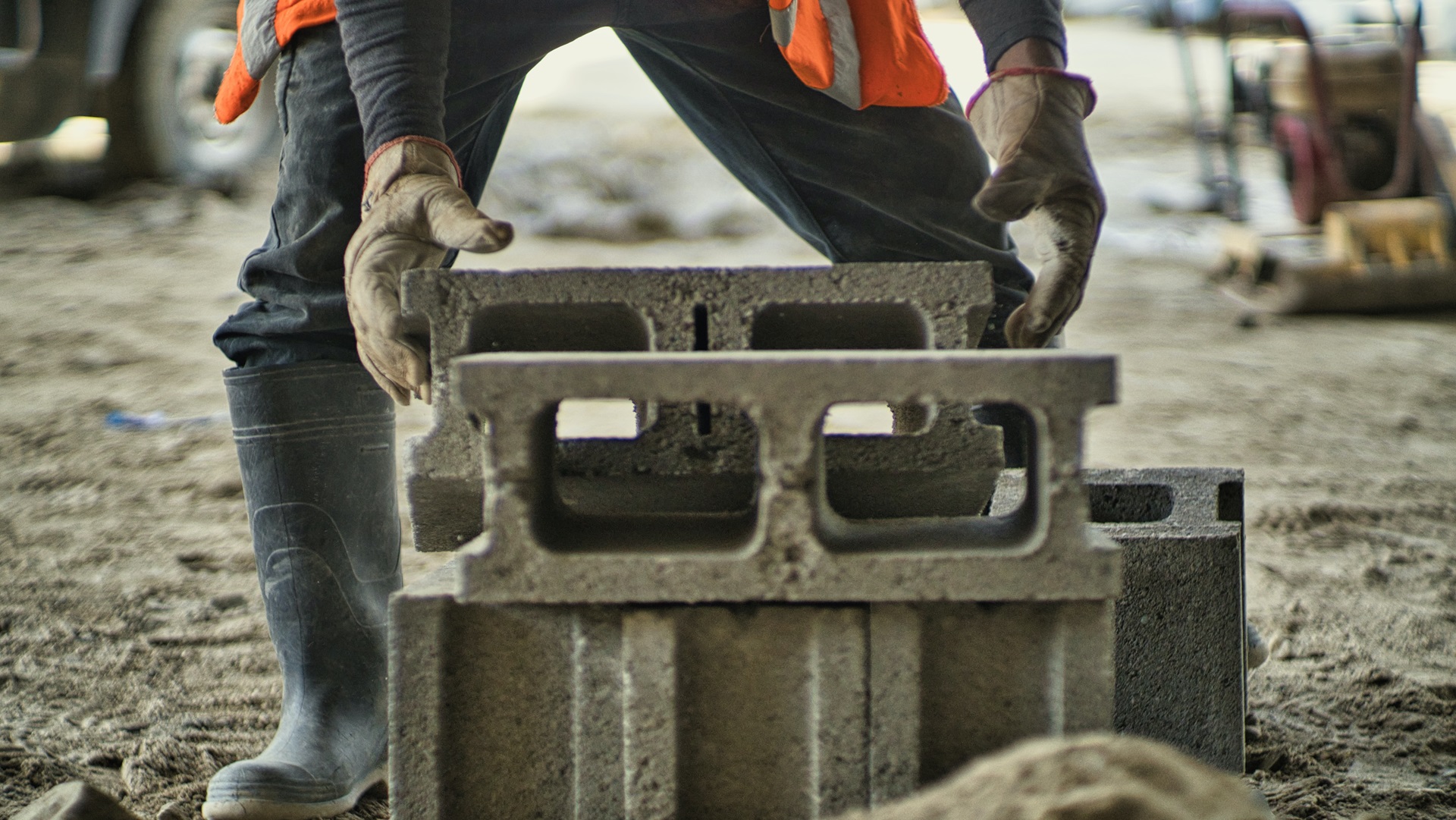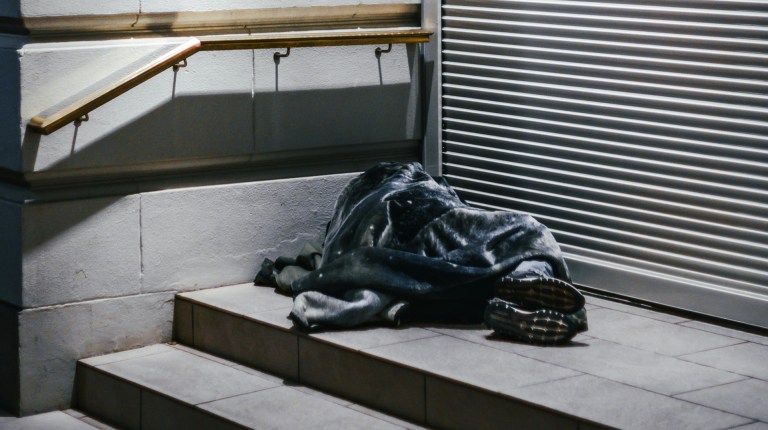“The next Labour government will jump-start planning and get spades in the ground to deliver 1.5 million homes over the next parliament. Labour’s housing recovery plan will deliver the new homes our country desperately needs.”
How many homes are built in England each year?
The failure to build enough homes, particularly affordable properties, has seen successive governments fail to get to grips with the housing crisis.
While house prices have fallen in recent months due to the impact of rising interest rates, they have risen to record highs in recent years and remain almost £60,000 above pre-pandemic levels on average, according to the Office for National Statistics.
Meanwhile, private rents have shown no signs of slowing as they continue to rise to new heights.
Failure to build enough homes each year sees the gap between how many homes the country needs grow larger, meaning housing becomes even less affordable.
The government figures show 212,570 new-build homes were delivered last year alongside 22,160 properties which were changed from no-domestic to residential and 4,500 houses which were converted to flats. There were 640 other gains – including caravans and house boats – while 5,470 homes were lost to demolitions.
Advertising helps fund Big Issue’s mission to end poverty
While, overall, the net additional dwellings looked stable despite rising inflation, it is likely that future years will see the number of additional homes fall.
Analysis from Noble Francis, economics director at the Construction Products Association, estimated the government is likely to miss its 300,000 net additional homes a year in England by the mid-2020s target by around 40%.
That’s because many of the factors affecting the number of completed homes are likely to show up in next year’s stats.
Anna Clarke, director of policy and public affairs at The Housing Forum, told The Big Issue she would be “very surprised” to see the total number of homes built in the current year reach 200,000. She estimated the figure could fall as low as 160,000.
The National Housebuilding Council’s statistics show the number of homes completed in the second quarter of 2023 were down 11% on the previous year, giving an early indication of what can be expected in next year’s government stats.
The fall in house prices and sales has slowed down developers’ delivery while the end of the Help to Buy scheme in March has also put off builders, Clarke said.
Advertising helps fund Big Issue’s mission to end poverty
She also pointed to changes in building safety legislation and how Inflation has also made it harder for social landlords to cover the cost of developing much-needed social housing.
The controversy over nutrient neutrality rules has also had an impact, Clarke said, although environmental campaigners dispute the effect on housebuilding.
The government was defeated in its bid to scrap nutrient neutrality rules, which prevent rivers being polluted, in September. Ministers claim scrapping the rules could unlock 100,000 homes over the next decade.
Earlier this month, The Housing Forum released a report calling on the government to streamline planning rules by scrapping nutrient neutrality rules, embedding planners across other teams in local authorities and addressing staff shortages.
“The housebuilding sector can contract fast – and that is what we’re starting to see currently,” said Clarke.
“But it struggles to bounce back quickly – recruitment of skilled workers can be hard and slow, and SMEs struggle to break into the sector or to grow. We urgently need government to support the housebuilding sector – and the best way of doing this is probably via the social housing sector, who could keep the sector building, whilst also building much-needed affordable homes.”
Advertising helps fund Big Issue’s mission to end poverty
Do you have a story to tell or opinions to share about this? We want to hear from you. Get in touch and tell us more.









